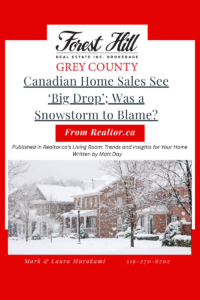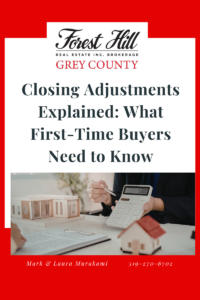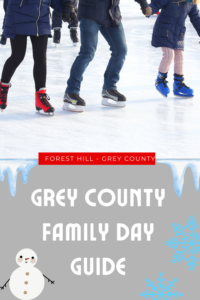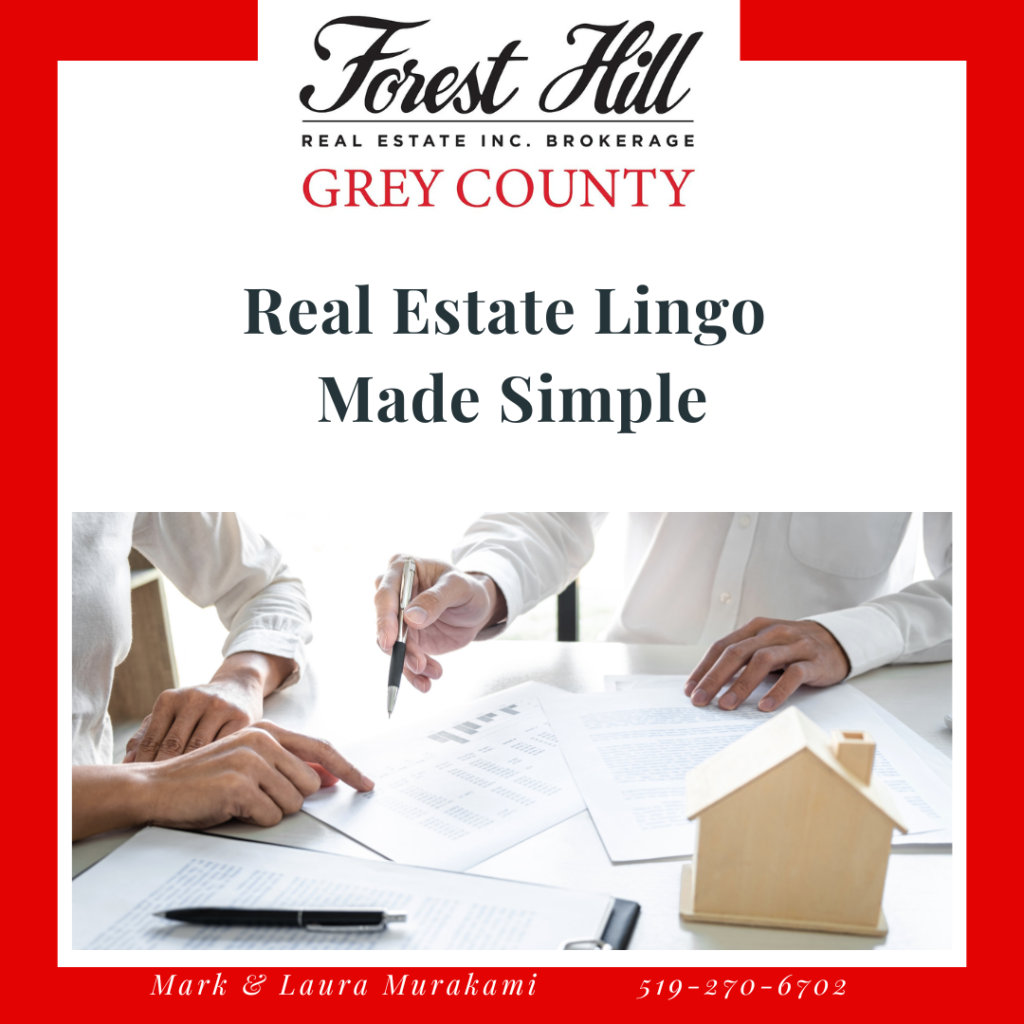
Real Estate Lingo Made Simple
Buying or selling a home can feel like learning a whole new language — but it doesn’t have to. Here’s a simple cheat sheet of common real estate terms so you can go into the process with confidence. In short, real estate lingo made simple.
space
💰 Home Financing
Mortgage: A loan you use to buy a home.
Mortgage Options
- Fixed: Interest rate stays the same for the whole term.
- Variable: Interest rate goes up or down based on the market.
- Conventional: You put at least 20% down, so you don’t need mortgage insurance.
- High-ratio: You put less than 20% down, so you need mortgage insurance from CMHC.
- Closed: You can’t pay it off early without a penalty.
- Open: You can pay it off early without a penalty.
- Closed: You can’t pay it off early without a penalty.
- High-ratio: You put less than 20% down, so you need mortgage insurance from CMHC.
- Conventional: You put at least 20% down, so you don’t need mortgage insurance.
- Variable: Interest rate goes up or down based on the market.
Amortization period: How long it takes to pay off your mortgage completely (usually 25–30 years).
Interest rate: The cost of borrowing money, shown as a percentage.
Inflation rate: How much prices for goods and services increase over time.
Mortgage stress test: A check to make sure you could still afford your payments if interest rates went up.
Down payment: The money you put toward the home’s purchase price.
👉 Purchase price = Down payment + Mortgage
Mortgage default insurance: Required if your down payment is under 20%.
- In Ontario, the three main providers of mortgage default insurance are the Canada Mortgage and Housing Corporation (CMHC), Sagen, and Canada Guaranty.
FHSA (First Home Savings Account): A tax-free savings account to help you buy your first home.
HBP (Home Buyers’ Plan): Lets you borrow up to $60,000 from your RRSP to help buy a home.
space
space
🏠 The Buying Process
List price: The price the seller is asking for the property.
Purchase price: The amount you actually agree to pay — it might be more or less than the list price.
Offer to purchase (Agreement of Purchase and Sale): A legal contract outlining the terms of buying the home.
Firm offer: An offer with no conditions — once accepted, the deal is done.
Conditional offer: An offer with conditions (like financing or home inspection) that must be completed before the sale is final.
Closing costs: Extra costs you pay on closing day (like legal fees, land transfer tax, and title insurance).
space
space
🏡 Owning Your Home: Key Terms
Title: The legal document proving you own the property.
Types of ownership
- Freehold: You own the home and the land it sits on.
- Leasehold: You own the building, but lease the land.
- Co-operative: You own shares in a company that owns the property and have the right to live in a specific unit.
- Leasehold: You own the building, but lease the land.
Property taxes: Annual fees paid to your local government to fund services like roads, schools, and emergency services.
Restrictive covenant: A rule that limits how you can use or change your property (e.g., restrictions on building a shed).
Easement: A legal right that allows someone else to use part of your land (e.g., for utility access).
Equity: The difference between your home’s value and what you still owe on your mortgage.
👉 Example: If your home is worth $1.2M and you owe $200K, your equity is $1M.
space
space
